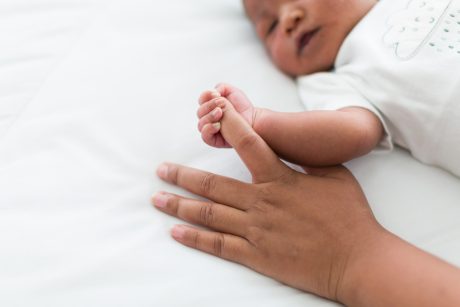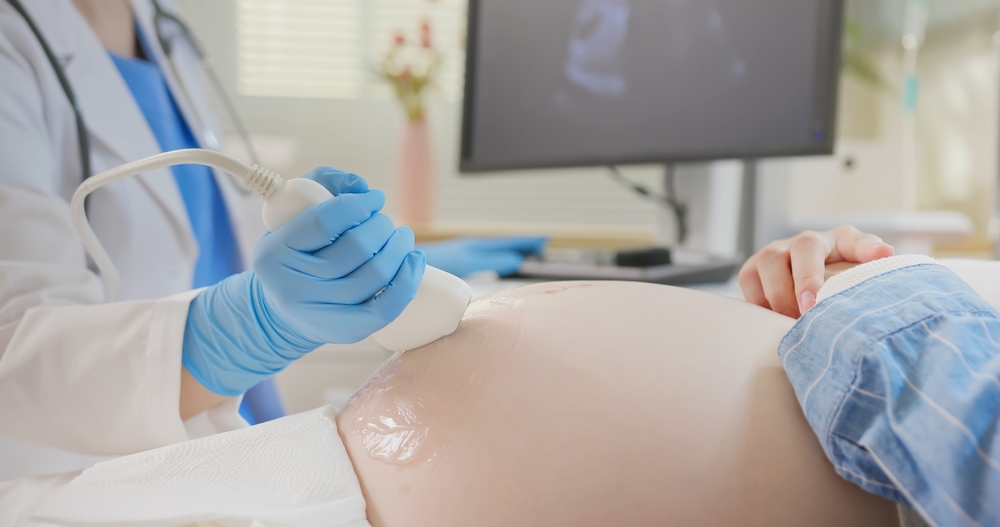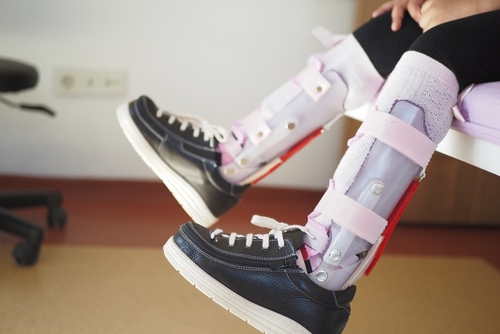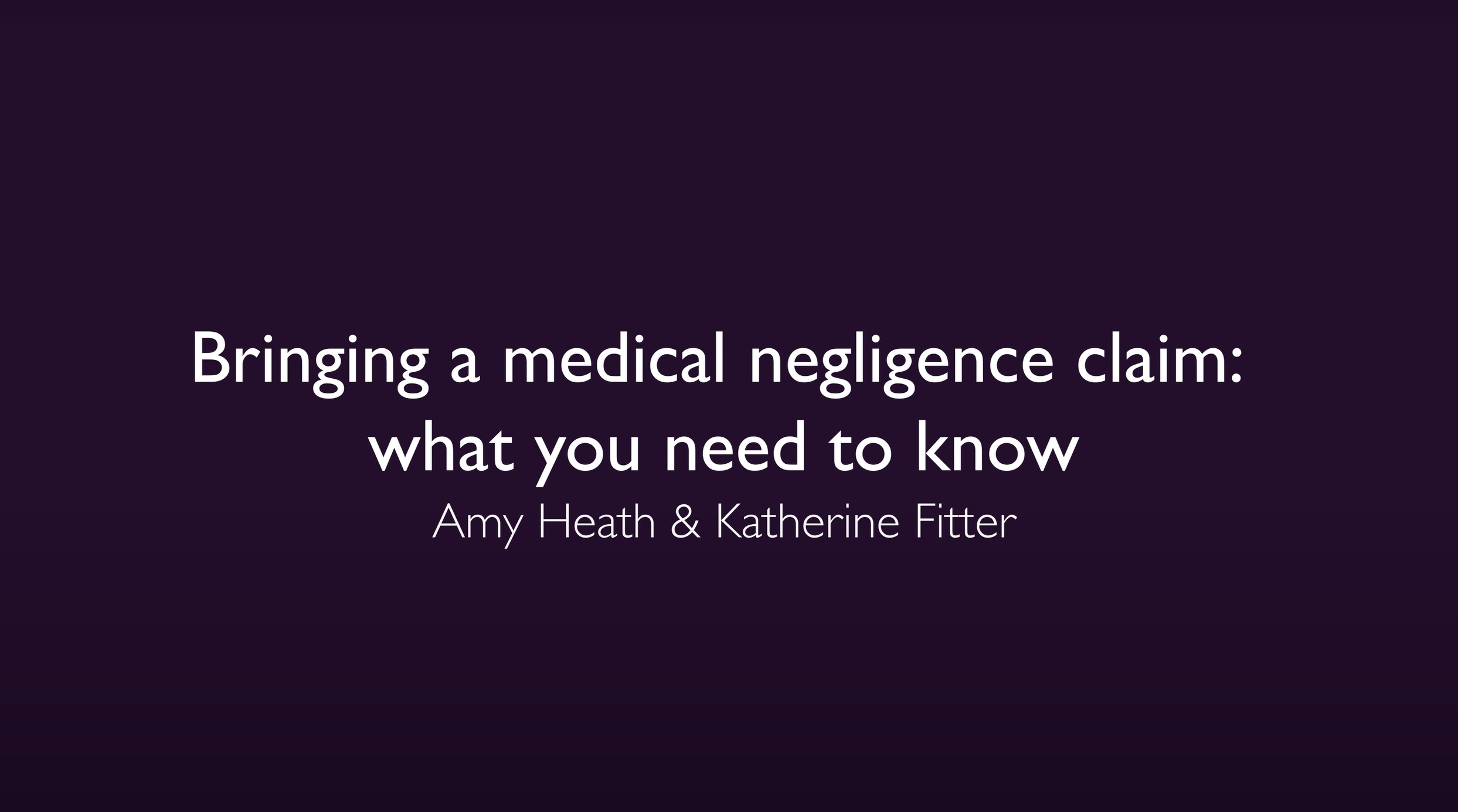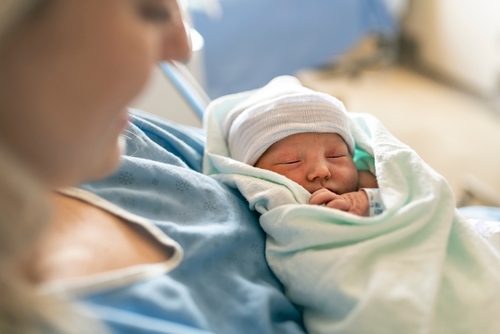Birth Trauma Awareness Week takes place from 14 to 20 July 2025. The focus this year is on inequalities in maternal care. Some of the inequalities women face arise from age, disability, ethnicity, socio-economic status and neurodivergence.
Birth Trauma Awareness Week has three aims:
- To draw attention to the subject of traumatic birth and the impact it has on women and their families.
- To share useful information about birth trauma, including how to get help.
- To encourage people to tell their stories and reduce the taboo on traumatic birth.
What is birth trauma?
Birth trauma is defined as “a woman’s experience of interactions and/or events directly related to childbirth that caused overwhelming distressing emotions and reactions, leading to short- and/or long-term negative impacts on a woman’s health and well-being”.
A study of women’s experience of psychological trauma during childbirth published in 2003 revealed that “a third of women experience birth as traumatic”.
Inequalities in maternal care
Every woman, regardless of their background, religion, socio-economic status, identity, disability or personal circumstance, should receive safe and fair maternity care. However, sadly, we know that this is not the case.
Kate Brintworth, Chief Midwifery Officer for NHS England, stated last month: “We know we have significant issues to address concerning safety and culture within maternity and neonatal services, and Black and Asian women and those in deprived areas still face worse outcomes, so we must redouble our efforts to improve care for all.”
What can be done to make a change?
Last year, a report by The All-Party Parliamentary Group on Birth Trauma recommended changes in the following areas to enable women to receive a good maternity service:
-
- Access to good quality antenatal education
- Listening to women
- Sharing good practice and using evidence-based care
- Consent: except in an emergency, no procedure should be carried out on a woman without her consent
- Safe working environments for staff
- Good quality postnatal care
- Transparency and accountability: if mistakes happen during a woman’s care, the hospital must be open and honest with her about the mistakes
- Keeping partners better informed
- No one should be subjected to racist attitudes or assumptions
- Trauma-informed care should take into account previous birth experiences, and
- Mental health support.
If families have concerns relating to the care provided during pregnancy or at the time of their child’s birth, we recommend making a complaint and seeking legal advice as early as possible. You can find further information regarding our expertise in birth injuries and our team on our Medical Negligence page.
You can find out more about Birth Trauma Awareness Week here.
Making a birth injury claim
Our Medical Negligence team helps families whose children have been injured during birth, supporting them through the entire legal claim process.
In this short film, Katherine Fitter and Alexandra Bennett outline the team’s specialist approach and why, at Stewarts, we only handle a small number of complex cases, allowing us to build strong relationships with our clients and their families to support them throughout their compensation claim.
Stewarts specialises in injuries caused by inadequate medical care during childbirth, such as mismanaged labour that led to oxygen deprivation for the baby, and issues following caesarean sections.
Senior paralegal Mariam Hadad contributed to this article.
You can find further information regarding our expertise, experience and team on our Medical Negligence page.
If you require assistance from our team, please contact us.

